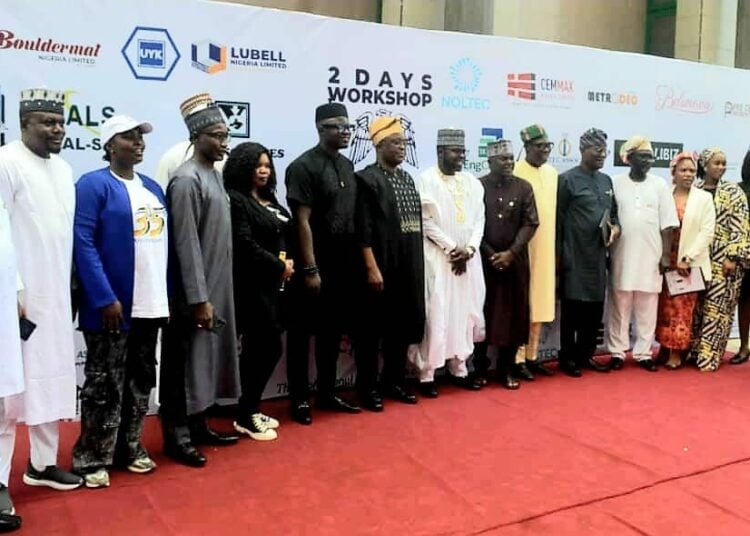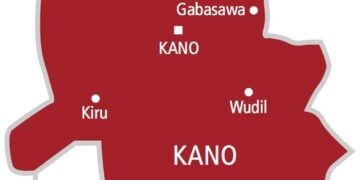The Nigerian Institute of Quantity Surveyors (NIQS) has stepped up efforts to build the professional capacity of its members with a two-day training workshop in Abuja.
Organised by the Federal Capital Territory (FCT) chapter, the workshop was themed “Policy Shift and Industry Trend: Adapting Quantity Surveying Practices to Policy and Industry Change.”
The training, which began yesterday, focused on equipping members with innovative tools, particularly in the era of Artificial Intelligence (AI), to enhance professionalism and curb quackery in the sector.
Speaking at the event, the new FCT chapter chairman of NIQS, QS Ahmed Usman Kankia, said the workshop reflects his passion for raising members’ competence.
He explained that it provided rare opportunities for knowledge-sharing with experts from diverse fields.
“This is a very big opportunity for our members. As an executive, we are committed to ensuring our members become better in all ramifications. One of the easiest ways to achieve this is through capacity-building workshops and seminars like this,” Kankia said.
He disclosed that the initiative received strong support from the National Information Technology Development Agency (NITDA), which is partnering with NIQS to help members harness technology for innovation and entrepreneurship in the construction industry.
“We were able to outsource seasoned professionals, captains of industry, and even the Director-General of NITDA, who was represented by a director of the agency. Imagine what it would have cost a member to gain such access without a forum like this,” he added.
Former Minister of Digital Communications, Prof. Isa Ali Pantami, who was one of the resource persons, emphasised that technological disruptions, particularly Artificial Intelligence (AI) and big data analytics, will significantly impact the future of quantity surveying.
He noted that repetitive tasks in the profession are increasingly being automated, stressing the need for surveyors to be strategic in predicting risks and leveraging self-development to remain relevant.
“AI will gradually take over several functions of quantity surveying. Big data analytics is now central to risk management in most countries and institutions. This makes it imperative for professionals to master AI and position themselves at the forefront of innovation,” Pantami said.
He urged practitioners to work closely with government, the private sector, and academia to recommend policies that will help safeguard the sector from disruption while maximising the opportunities technology presents.
One of the facilitators, Dr. Nasiru Danlami, described the programme as timely, noting that it would help members tackle emerging challenges in the construction industry while promoting best practices in project delivery.
The workshop, according to NIQS, underscores its commitment to continuous professional development and a proactive approach to meeting the evolving demands of the profession.






